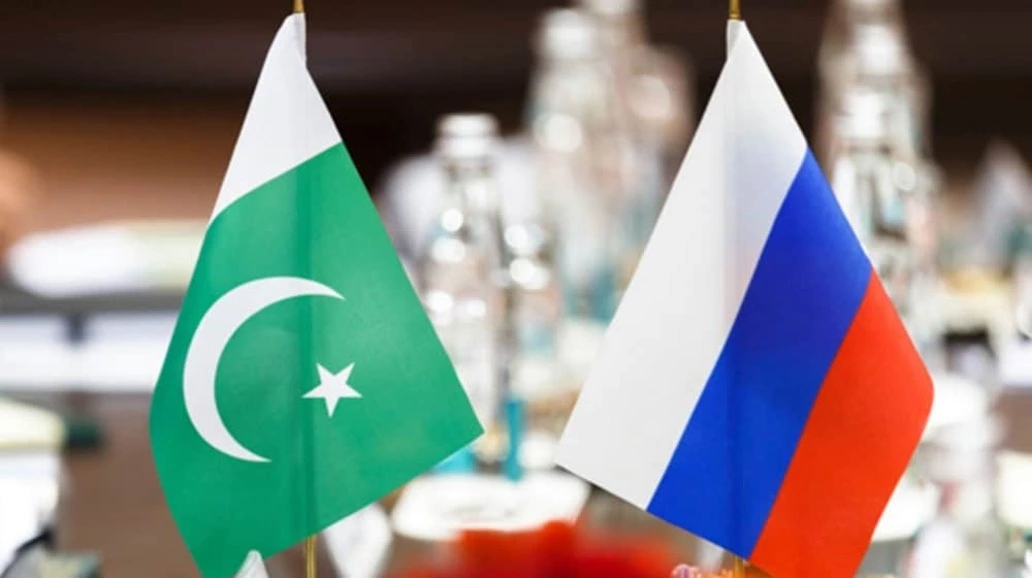On Thursday, Pakistan’s Prime Minister Shehbaz Sharif said that everything was set for his country to receive a shipment of discounted Russian oil.
As we speak, the Russian oil is being loaded to arrive here.”
Shehbaz Sharif told the parliament.
Petroleum Minister Musadik Malik told Reuters last week that Pakistan had made its first purchase of cut-price Russian crude. The discounted purchase offers much-needed respite to cash-strapped Pakistan, which has been struggling to avert a balance of payments crisis as it awaits an IMF deal.
Foreign exchange reserves at the country’s central bank have fallen to barely cover a month of controlled imports. Energy imports make up the majority of its external payments.
The deal will see Pakistan buy only crude oil, not refined fuels, with Islamabad to target imports to reach 100,000 barrels per day (bpd) if the first transaction goes through smoothly, according to Malik, who said the first cargo was likely to dock at Karachi port in May.
Pakistan Refinery Limited (PRL) will initially refine the Russian crude in a trial run, followed by Pak-Arab Refinery Limited (PARCO) and other refineries later.
Russia hasn’t yet commented on the deal, which gives Moscow a new outlet, adding to its growing sales to India and China – also often at a discount – as it redirects oil from Western markets following sanctions over its invasion of Ukraine.
Pakistan, a long-standing Western ally, imported 154,000 bpd of oil in 2022, broadly flat from the previous year, data from analytics firm Kpler showed. Most were supplied by the world’s top exporter Saudi Arabia, followed by the United Arab Emirates.
If Russian crude supplies were to reach 100,000 bpd, it would potentially mean a big drop for Middle Eastern suppliers to Pakistan. The transaction currency, whether Chinese yuan or UAE dirham, and discount rate haven’t been disclosed.




